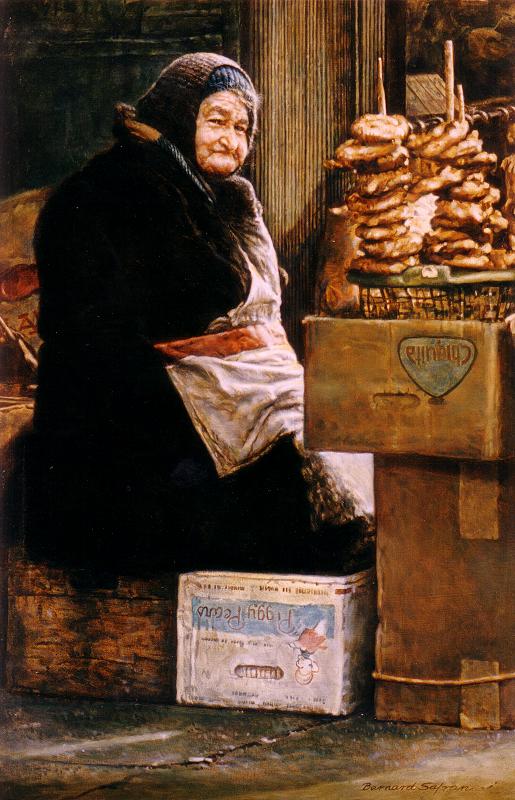Miep Gies, then office secretary who risked her life by hiding Anne Frank and her family for two years, died yesterday at the age of 100. This heroic woman saved Anne and her family not once, but twice. First she gave them two additional years of life by keeping them alive in a secret annex behind an Amsterdam warehouse. Then she gave them an eternal place in our memories by preserving Anne’s now famous diary.
Despite her claims to the contrary, Miep was hero. And while that might seem obvious to the rest of us, she insisted that she was not really a hero because “so many others have done the same or even far more dangerous work”. Not only is it not true, the definition of heroism should not be how common it is.
Things are not less heroic because others did, or would do, them also. That measure confuses heroism with uniqueness, imagining that heroism, like oranges or pork bellies, is a commodity whose value rises when there is less of it. But given that every human life is infinitely valuable, hence the Mishna’s teaching that to save a life is to save the entire world, that is not the case for heroes like Miep Gies.
Heroism is measured in the risks we take to go beyond ourselves to care for and protect others. Its preciousness is measured in the risk we take and the lives we touch. That is why each of us can always be a hero to somebody. Through acts large and small (hiding the family and saving the diary – which was which?), and no matter who else is doing them, we can all be heroes. Today is a good day to remember that we can all be Miep Gies in our own way.

